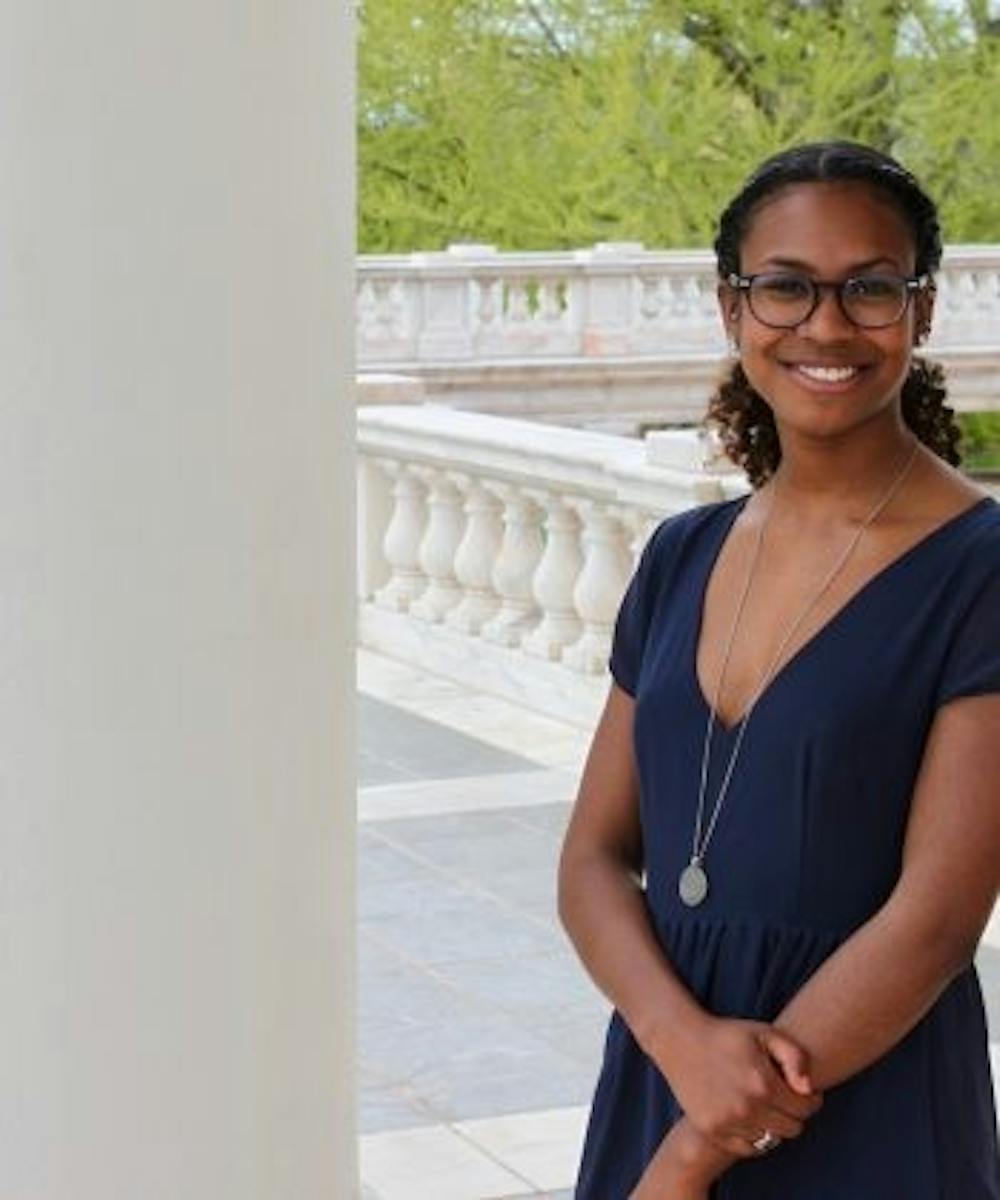The University Judiciary Committee has been focused on internal improvements related to member training and meeting format this semester and is planning to implement more external projects, such as research into the Committee’s relationship with University police and Deans’ offices, in spring 2020.
Some of the significant changes from last year are still being expanded upon, including the switch to an essay-based application and a focus on having UJC materials translated to increase their accessibility.
Last year a large portion of the organization’s budget went towards translations of the constitution, bylaws and standards of conduct in Mandarin and Spanish. Next year, Shannon Cason, a fourth-year College student and UJC Chair, hopes that another portion of the budget will go towards translation into more languages.
Initially there was concern that the number of applications would go down due to the switch to an essay format, but application numbers have actually increased since the initial switch last year.
“Our numbers for applications increased this year from last year, so I think that shows that… it’s more how we advertise it,” Cason said.
She described how the UJC has been going beyond the annual Activities Fair, actively trying to recruit a diverse coalition of students.
“We'll go to the Nursing School… Black Student Alliance has The Source every year, and we’ll make sure we’ll go there, and various places on Grounds so different groups feel welcome to be a part of the organization,” Cason said.
There have also been significant shifts in the content of the Committee’s General Body meetings to make them more useful for members by incorporating more engaging content.
“Feedback that we've gotten in past years is that the Gen Bods haven't been the most meaningful thing,” Cason said. “So we're trying to do a lot more helpful speakers this year.”
So far, speakers have included Chief Tim Longo of the U.Va. Police Department, and Shelby Gibson, program coordinator and case manager for the Office of the Dean of Students.
Training of new UJC members has also been tweaked, something that Cason expects to pay off next semester when the new members begin to take cases. One direction this change has taken is a prioritization of training events — both within the UJC and through partnerships outside of the organization — that focus on the experiences of the greater U.Va. community.
“By going to these events, I would hope it broadens students’ perspectives a little more about the privileges they hold and give some tools to be better allies to those around us,” Cason said. “One event that we counted that stood out to me was the conversation with the innocence project at the law school. We heard from a man named Darnell Phillips who was freed in September 2018, after spending 28 years in prison for a crime he didn't commit. He had one of the most compelling stories I've ever heard and I think it gave people a better understanding of the legal system and its corruptness.”
Training related to case processing has also been expanded to give UJC members a better base of knowledge, and by extension improve the student experience of the UJC process.
“I just remember my first year… there wasn't as much training as I think I would have liked to have had then,” Cason said. “So I'm hoping that all the new people don't feel that way anymore… and that'll reflect outwardly on how students feel about what they're doing in the case.”
UJC plans to adopt an internal disclosure policy in the next semester, similar to what Honor is currently working on.
“From my understanding of what their document is, it looks really, really good,” Cason said. “So we'll probably mostly look at theirs and just try and shift its focus a little bit for what's more applicable for us, but probably a lot of the same sentiment will be exactly the same.”
UJC officers are also planning to research projects over winter break, including one officer who is looking into the possibility of subpoenaing the University Police Department and Office of the Dean of Students reports. This would grant the UJC more power to access information while processing cases, leading to a more thorough, well-informed process.
“Everybody on exec does a winter break sort of task or project,” Cason said. “So there'll be a lot of people trying to do outward changes. For example, one of our things is if it's possible for us to subpoena police reports and dean's reports for specific cases, because that would be really helpful information to us.”





